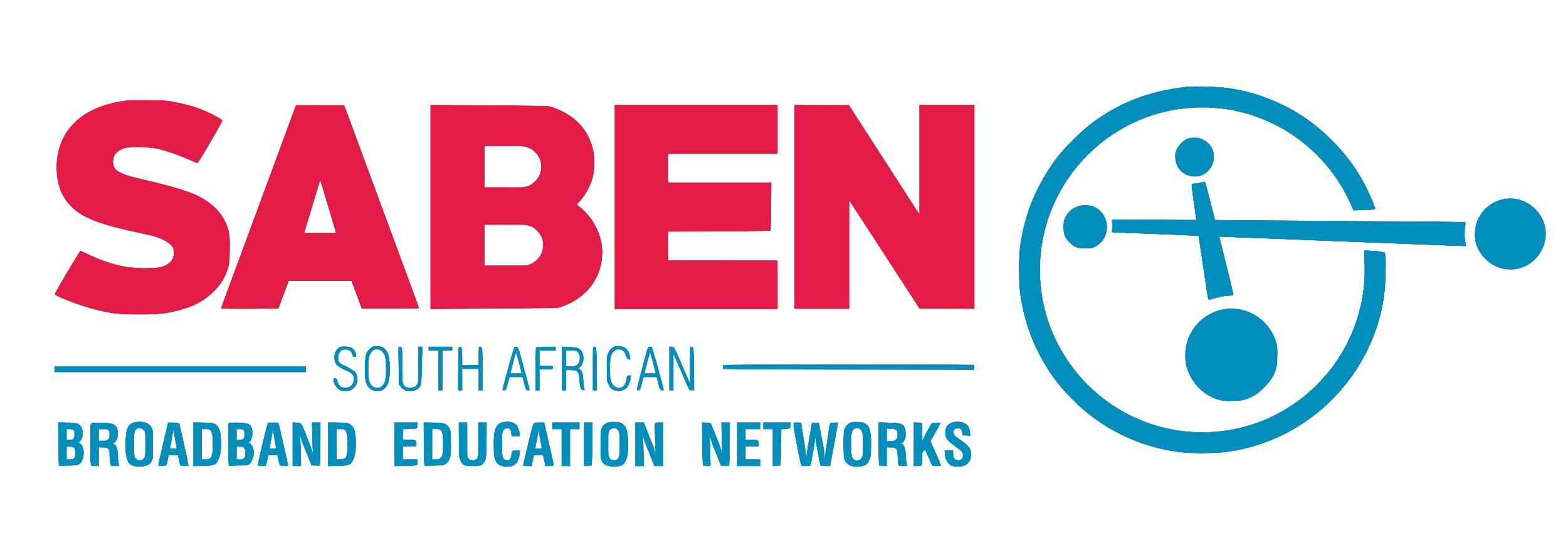Debunking the myths: Internet access in South African schools and universities
October 21, 2025

CAPE TOWN, WESTERN CAPE, SOUTH AFRICA, august 2025
Debunking the myths: Internet access in South African schools and universities
When it comes to internet connectivity in South Africa, on-the-ground realities often clash with preconceived ideas.
The gap between assumption and experience remains large, which means that there is still work to be done to address the digital divide. In this blog, we examine common misconceptions about digital connectivity in South Africa’s educational facilities.
Myth 1: All internet service providers are the same
You may be asking yourself ‘Why should our college use a SABEN connection for our internet needs”. While consumer-level ISPs in South Africa sometimes offer discounted services according to the e-Rate, it is true that you get what you pay for.
- SABEN offers a dedicated line, meaning the bandwidth is not shared with other users, ensuring consistent speeds. You get increased stability and performance at all times.
- Personalised support: With mainstream ISPs you might wait on hold with a call centre for hours without any assistance. As a SABEN client, you have a direct line to our technical teams.
- Lightning fast speeds. Your service from a commercial ISP can sometimes be much slower than the speed you are paying for. SABEN, in partnership with the NREN, offers a world-class speed of up to 1Gbps enabling your campus to stay connected throughout the day.

“Internet speeds in rural South Africa were 14.4% slower for downloads and 29.2% slower for uploads compared to urban areas.”
Myth 2: High-speed internet is too expensive for schools and colleges
According to an Open Science Journal article, South Africa has established a world-class research and education network – the South African National Research Network (SANReN) – which delivers connectivity to all higher education institutions and national research facilities across the country.
When you take into account down-time, poor customer support and variable performance, commercial ISPs can actually cost your TVET money in the long run.
A high-speed connection from SABEN is an investment in the future of your college: allowing your staff and students to achieve their full potential. A high-capacity internet connection can empower your TVET to develop new courses, offer online learning, coordinate with students and reduce internal communication costs.
Myth 3: Managing a school network is too complex without a large IT team
SABEN’s networking solutions are built to scale, enabling educational institutions to keep up with an ever-evolving digital landscape. As campuses grow and adopt new technologies, these solutions offer the flexibility to expand while maintaining high performance.
[SABEN’s services include Services include NREN connectivity, VoIP and firewalling support. With an experienced and professional support team, your IT team can have confidence that assistance and advice is just a phone call away]
Myth 4: Government programmes have fully addressed the issue of access
The South African government implemented the SA Connect policy in 2013 to execute its broadband strategy. In his 2025/2026 Budget Vote Speech, Minister of Communications and Digital Technologies Solly Malatsi stated that “The SA Connect programme has been allocated R710 million over the Medium-Term Expenditure Framework (MTEF) to accelerate broadband expansion, particularly in schools, clinics, and rural communities…”
While the ambitions of the government are commendable, South Africa still has a long way to go before we can say that every citizen has access to affordable internet services.
Myth 5: Only academic institutions will benefit from a broadband connection
TVET colleges utilise the SABEN network to power their academic and learning operations but the benefits can also be enjoyed by the community around the TVET. Powerful broadband connections can host public wifi networks that can be shared among a large number of internet users. Members of the public can access online banking, job applications and access to government services.

